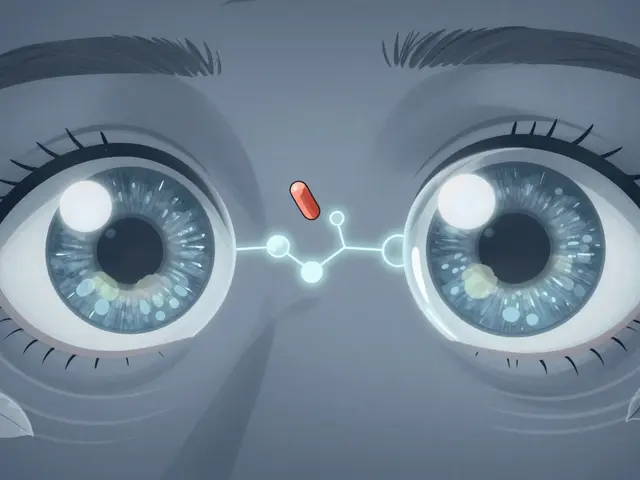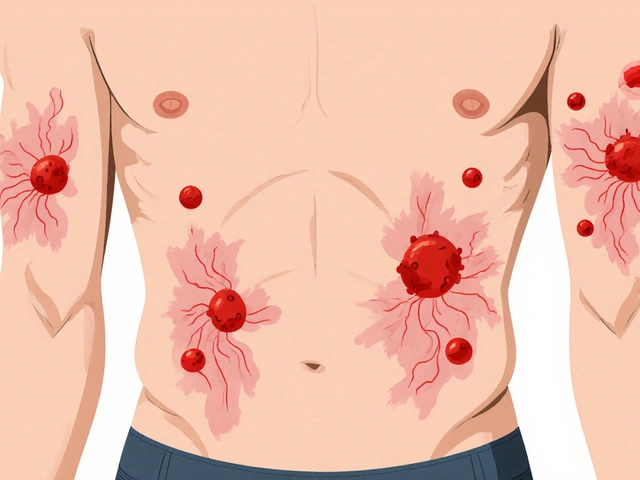Side Effects – Know What They Are and How to Handle Them
Ever taken a pill and felt a weird ache, a rash, or just felt off? That’s a side effect showing up. Side effects are any unwanted changes in how your body reacts to a medicine, supplement, or even a vaccine. They can be mild, like a dry mouth, or serious, like trouble breathing. Knowing what to expect helps you stay safe and avoid panic when something unexpected happens.
Why side effects matter
Side effects aren’t just a nuisance; they can tell you if a drug is doing more harm than good. A mild headache might be a normal reaction, but a sudden swelling could signal an allergic response that needs immediate attention. Understanding the range of possible reactions lets you decide quickly whether to keep taking the product or call your doctor.
Reading the label and spotting red flags
Every prescription and over‑the‑counter product comes with a label that lists common and rare side effects. Look for sections titled “Adverse Reactions” or “Side Effects.” Common ones are usually listed first – think nausea, dizziness, or mild skin irritation. Rare but serious reactions, like liver damage or severe rashes, are often placed further down. If you see a side effect that sounds scary, note it and monitor yourself.
Don’t rely only on the label. Talk to your pharmacist or doctor about what to watch for, especially if you have allergies, chronic illnesses, or are taking multiple medicines. They can point out interactions that might increase the chance of side effects.
Practical tips to manage side effects
First, keep a simple log. Write down when you start a new medication, the dose, and any new symptoms you notice. A quick note on your phone can help track patterns and give doctors concrete info. Second, follow dosing instructions exactly – taking more than prescribed often ramps up side effects. Third, stay hydrated and eat a balanced meal unless the label advises otherwise; food can soften stomach upset for many drugs.
If a side effect feels mild, you might try an over‑the‑counter remedy: antacids for heartburn, antihistamines for minor itching, or a glass of water for dry mouth. But if symptoms are severe – like trouble breathing, chest pain, or sudden swelling – stop the medication (if safe) and seek medical help right away.
When to talk to a professional
Any side effect that lasts more than a few days, gets worse, or interferes with daily life deserves a call to your doctor or pharmacist. They may adjust the dose, switch you to a different drug, or add a protective medication to balance the reaction. Never ignore a warning sign just because it seems “small.” Early intervention can prevent a minor issue from becoming a major health problem.
Remember, side effects are a normal part of many treatments, but you don’t have to suffer in silence. By reading labels, keeping notes, and staying in touch with healthcare professionals, you can enjoy the benefits of your medication while keeping risks low.
Mircette Birth Control: Benefits, Effects & User Guide
Explore how Mircette works, its benefits, possible side effects, and smart tips for real-life users. Straightforward advice, no judgement, just the facts.
View More




